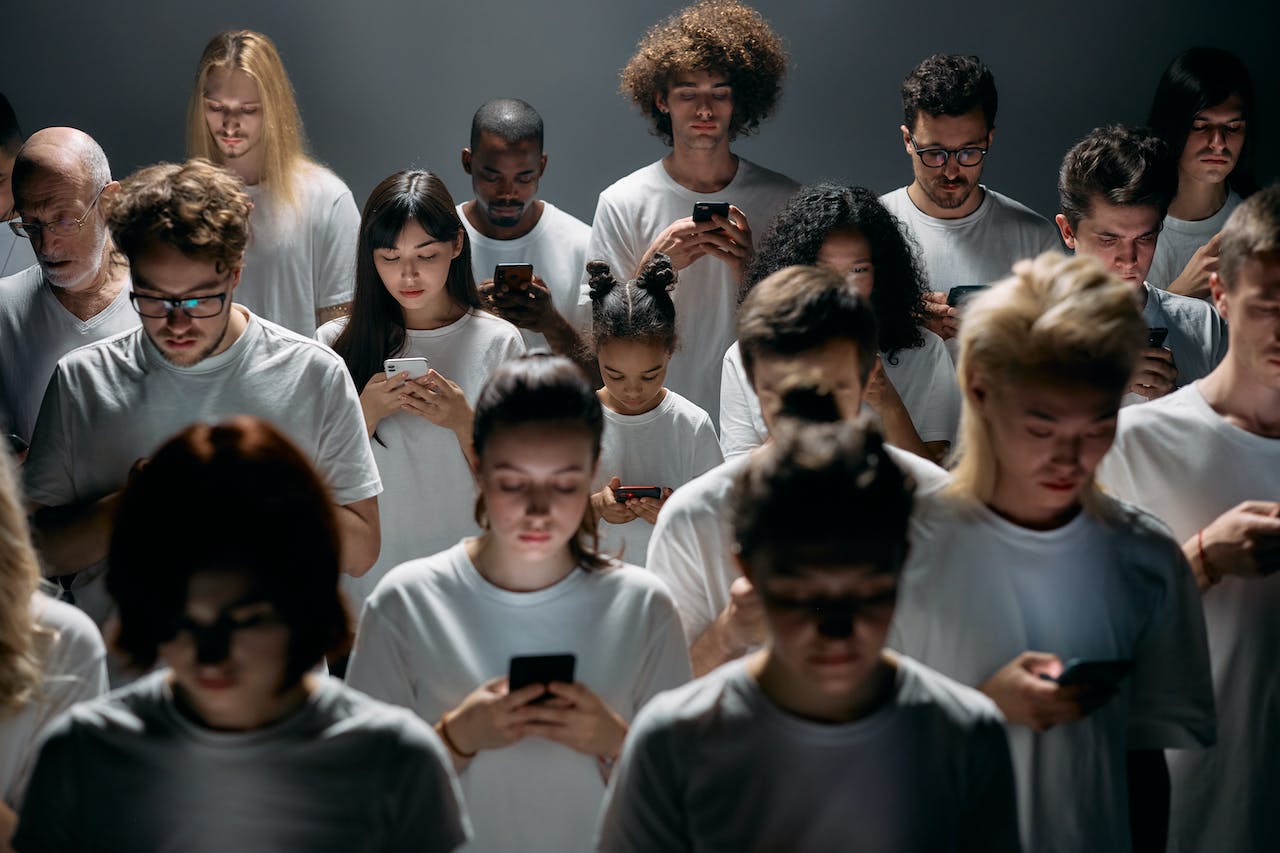How Your Smartphone Can Help and Hurt Your Mental Wellness
The brain is a fascinating organ that benefits from some kind of stimulation to keep it sharp and functioning. Smartphones do help your mental health in various ways. Nevertheless, a phone addiction can develop quickly and hurt your mental health. Nearly everyone uses a smartphone these days. According to Statista, from 2016 to 2017, more than 6 billion people used smartphones, and the number continues to climb. To get a fair and objective perspective, you should understand the advantages and disadvantages of smartphones on mental health.
Benefits of Smartphones on Mental Health
Effective Apps for Depression and Phobias
Look through the App Store on your iPhone or the Google Play Store on Android. You’ll be able to discover a plethora of helpful apps for depression and phobias. Browse the “lifestyle” section to find numerous apps focusing on mental health. The app can be as simple as a daily “diary,” where you select an emoji representing how you feel that day. Daily affirmations, soothing meditation music, and other calming strategies are available on smartphones to help your mental health.
Games at Your Fingertips
Besides apps for breathing or meditating, the smartphone can be an excellent outlet for playing games — you know, just for fun! Games can help adolescents examine the triggers of their depression, anonymously interact within a fantasy world, and enjoy entertainment as a way to boost serotonin. Playing smartphone games gives people a break from their stressful, busy lives as they direct themselves with some basic enjoyment, which can be as helpful as face-to-face therapy.
Better Access to Mental Health Experts
You don’t always have to make an office visit to speak with a mental health expert. It’s now much easier to connect with a therapist or psychologist over a smartphone via a phone call, video call, text, or online message. Smartphones make mental health help more accessible, especially to those who work remotely or simply can’t leave their homes. You can easily discover a mental health facility that can help!
Adverse Effects of Smartphones
Smartphones Affect Sleep Patterns
People constantly check their cellphones at all hours of the day, including when they should be asleep. Not only are they constantly on guard, but smartphones also use blue light on their screens. In turn, exposure to blue light can actually affect the REM cycle of the brain, making it challenging for people to fall asleep and stay asleep for much longer.
FOMO — Fear of Missing Out
Sure, it is common for people to be ‘in the know’ of what is happening. However, others cannot bear the thought of falling behind on the trends or missing the latest news the second it comes out. Not being with the “in” crowd can lead to ridicule, jeering, and feeling left out. No one enjoys these sentiments. The fear of missing out, or FOMO, leads to anxiety because they’re unaware of what their friends do every hour of the day. As a result, they fear being on the outs with the world.
The Dopamine Chase
Because it’s easy for smartphones to provide entertainment, it can be a constant stream of looking for new media. Not only does FOMO kick in, but this action activates the dopamine center of the brain. Studies reveal that when someone hears a notification sound on their phone, dopamine is released. This response triggers the brain to check the phone constantly, even before the notification sounds. A smartphone user will continually chase that feeling to find that “reward.”
Smartphone Addiction Is Real
According to Asurion, an American checks a cellphone at least 352 times a day, and 47% of Americans admit they are addicted to their cellphones. During the pandemic, using social media was the primary means by which people kept in contact with each other, increasing the chances of smartphone addiction. With nowhere else to go, smartphones became the go-to for entertainment and staying connected with the outside world. However, now that restrictions are gone, people don’t know how to break away from their phones.
Practicing Better Smartphone Habits
If you have a smartphone and notice yourself checking it constantly or having difficulty putting it down, you can practice better phone habits. That isn’t to say that your mental health is automatically going to be on the decline if you have a smartphone. It’s all about moderation and having reasonable practices to avoid that rabbit hole altogether. Here are some healthy ways to practice good smartphone usage.
1. Pick a routine: set specific times throughout the day when you’re using your phone and what you’re using it for. If you’re using it for functional purposes such as navigation and e-mails, then you can be a little more lax about when you use it. Nevertheless, if you’re checking it every second of the day for entertainment, you’ve already developed a bad habit.
2. Use good phone etiquette: don’t use your smartphone if you’re having conversations with another person, watching TV, having a meal, or during important meetings.
3. Cut yourself slack: breaking bad habits can be challenging, so don’t be so hard on yourself if you notice you’re slipping toward them again. Put the moment behind you and focus on returning to your healthy habits, trying to create a routine.
4. Have a “phast”: just like fasting for a single meal, a day, or a weekend, you can try the same concept with your smartphone. Start with “phasting” for at least an hour every day, and you’ll start to notice how much you can go without it.
5. Rebuild your mental strength: it’s easy to pick up a smartphone and receive instant and constant entertainment. However, that’s a passive form of engagement and can significantly affect attention span. Instead, you should engage in regular physical and mental exercise to get your brain back into shape and increase memory retention.
Take The Good with the Bad — And Know When to Get Help
Although the media has exclusively portrayed smartphones as detrimental to your health, it’s essential to to know that, by practicing good habits, these detriments are kept at bay. Monitor your screen time to see how many hours a day you are on your phone. If you experience FOMO, are losing sleep, and start feeling depressed, you need to seek help. We offer effective treatment plans for addiction, mental health disorders, and more. Schedule a free assessment today to get started.





